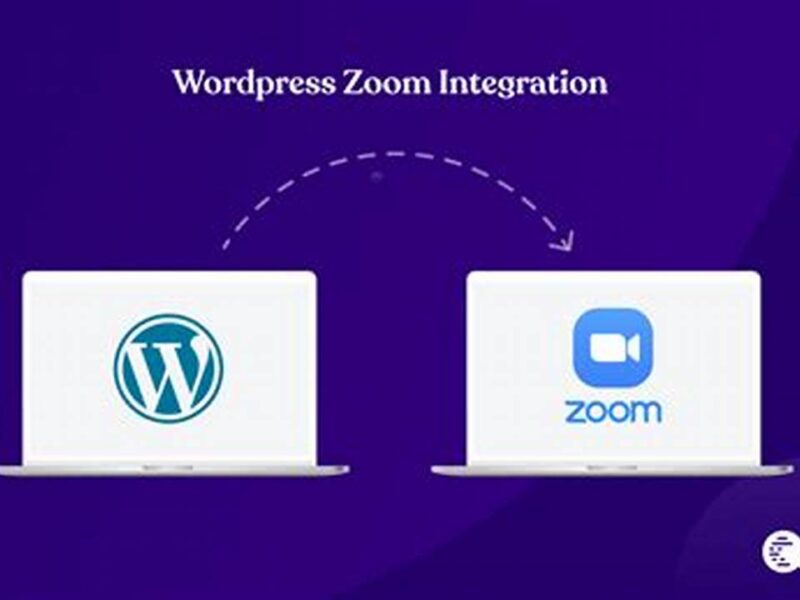Exploring high-quality e-commerce platforms is crucial for businesses seeking online success. Showcasing leading platforms through curated examples offers valuable insights into their capabilities and potential. Reviewing these examples in the context of the current year provides an up-to-date understanding of industry trends and best practices.
Platform Versatility
Leading platforms offer a wide range of features, enabling businesses to create diverse online stores.
Design Flexibility
Customization options allow businesses to tailor their online presence to match their brand identity.
Performance and Scalability
Robust platforms ensure smooth operation even with increasing traffic and sales volume.
Mobile Responsiveness
Seamless functionality across various devices is essential for reaching a wider audience.
SEO Friendliness
Optimized platforms help businesses improve their search engine rankings and visibility.
Integration Capabilities
Compatibility with other tools and services streamlines business operations.
Security and Reliability
Secure platforms protect sensitive data and ensure a trustworthy online environment.
User Experience
Intuitive interfaces provide a positive shopping experience for customers.
Tips for Choosing the Right Platform
Consider business needs, budget, and long-term goals when selecting a platform.
Optimizing Online Stores for Success
Implement effective strategies for marketing, customer service, and inventory management.
Staying Ahead of Industry Trends
Continuously research and adapt to evolving e-commerce best practices.
Leveraging Platform Resources and Support
Utilize available documentation, tutorials, and support channels for assistance.
What factors should businesses consider when evaluating e-commerce platforms?
Key considerations include scalability, security, design flexibility, and integration capabilities.
How can businesses optimize their online stores for conversions?
Strategies include user-friendly design, clear product information, and streamlined checkout processes.
What are the benefits of using a mobile-responsive e-commerce platform?
Mobile responsiveness ensures accessibility for customers across various devices, expanding reach and potential sales.
Why is it important to stay updated on e-commerce trends?
Staying current with industry trends allows businesses to adapt to evolving customer behaviors and maintain a competitive edge.
How can businesses leverage platform documentation and support resources?
Documentation and support resources can provide valuable guidance for troubleshooting issues and maximizing platform functionality.
What role does SEO play in the success of an online store?
Effective SEO practices improve search engine rankings, driving organic traffic and increasing visibility to potential customers.
By examining successful implementations and understanding current best practices, businesses can make informed decisions to establish a thriving online presence.


